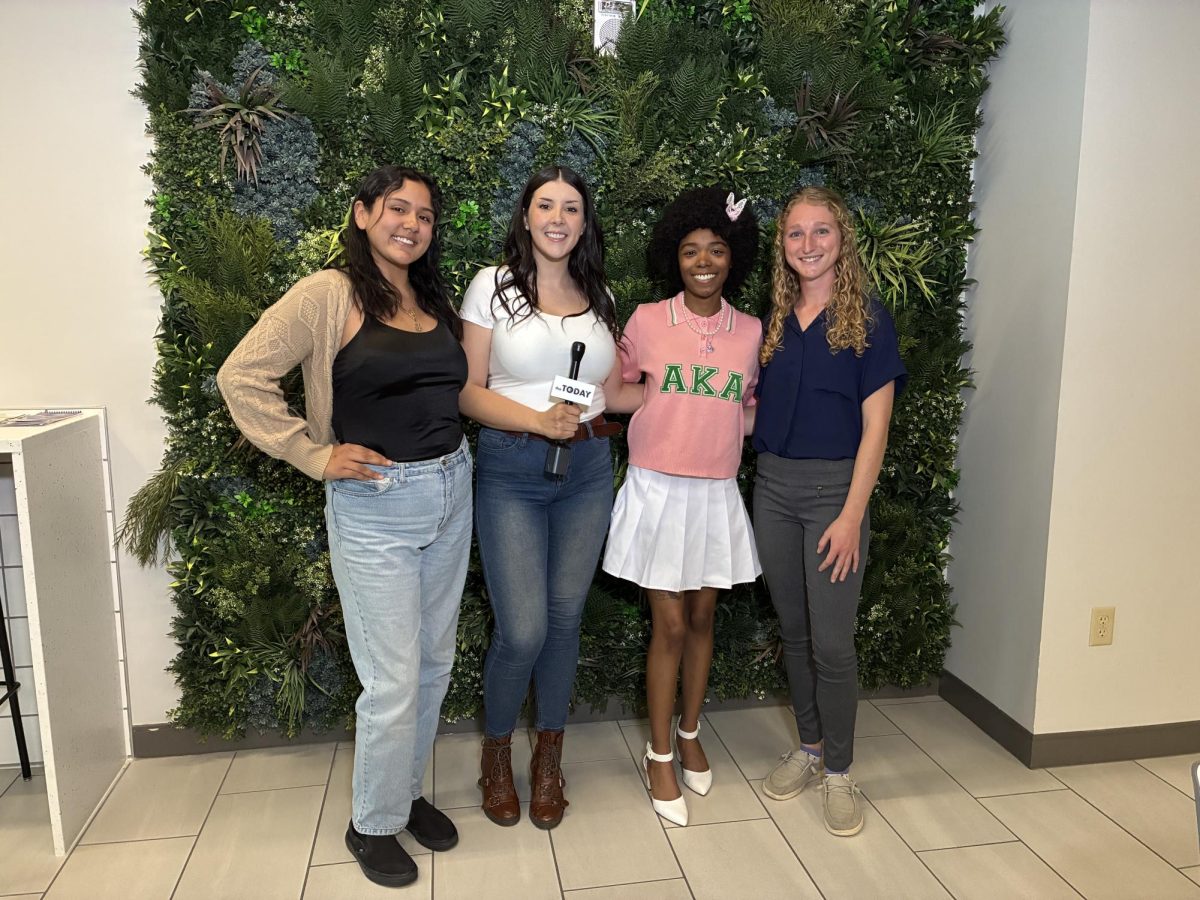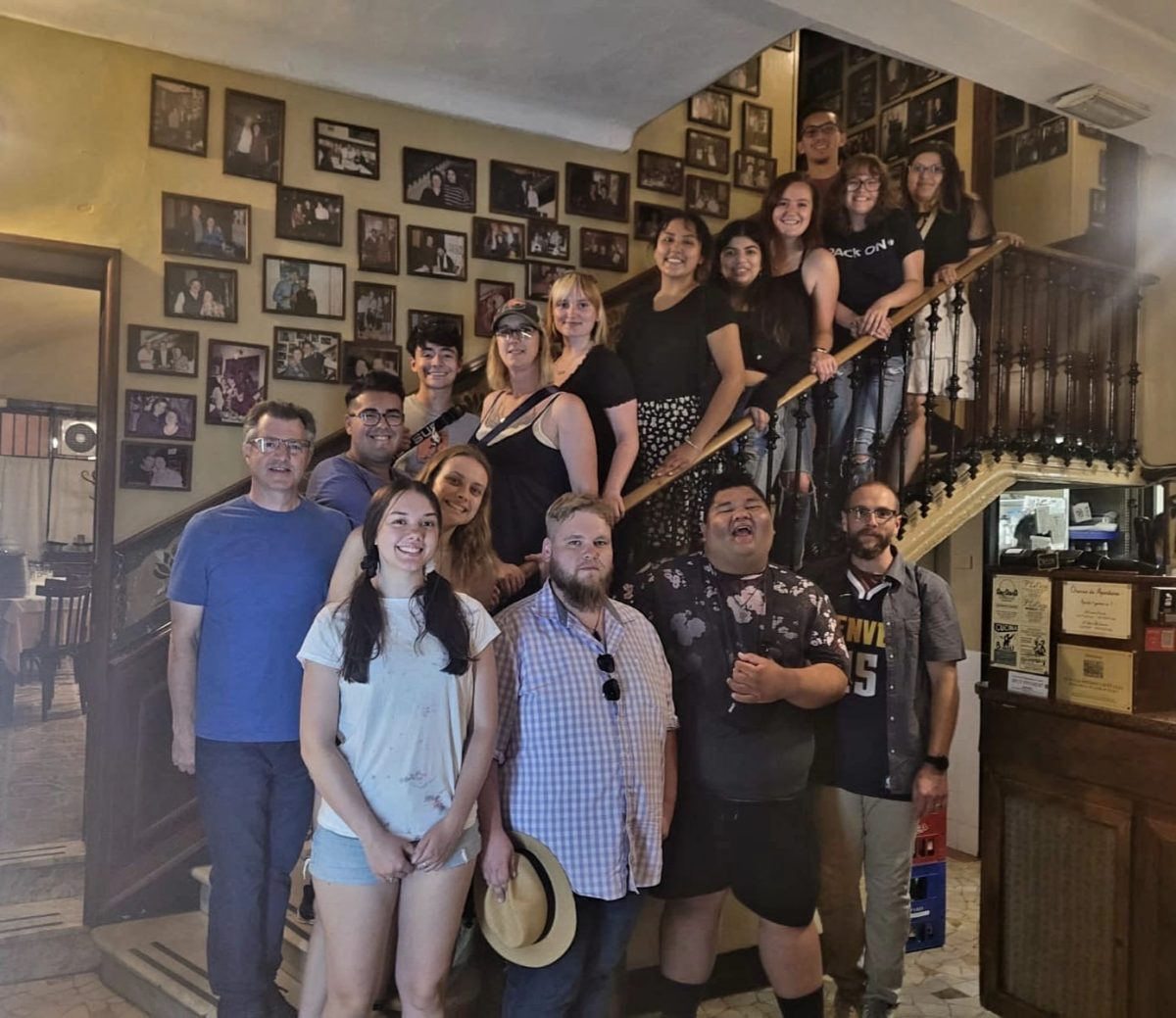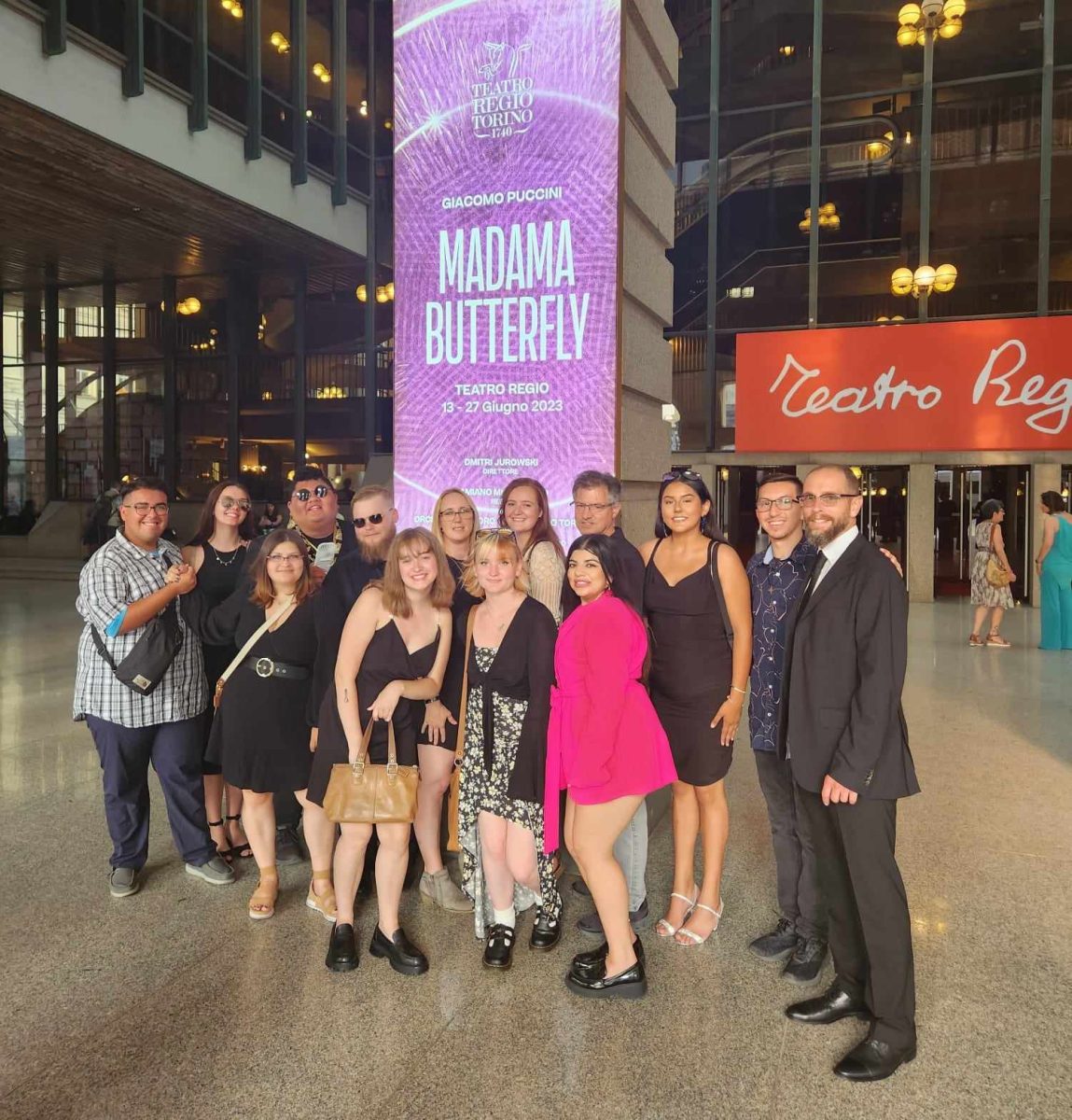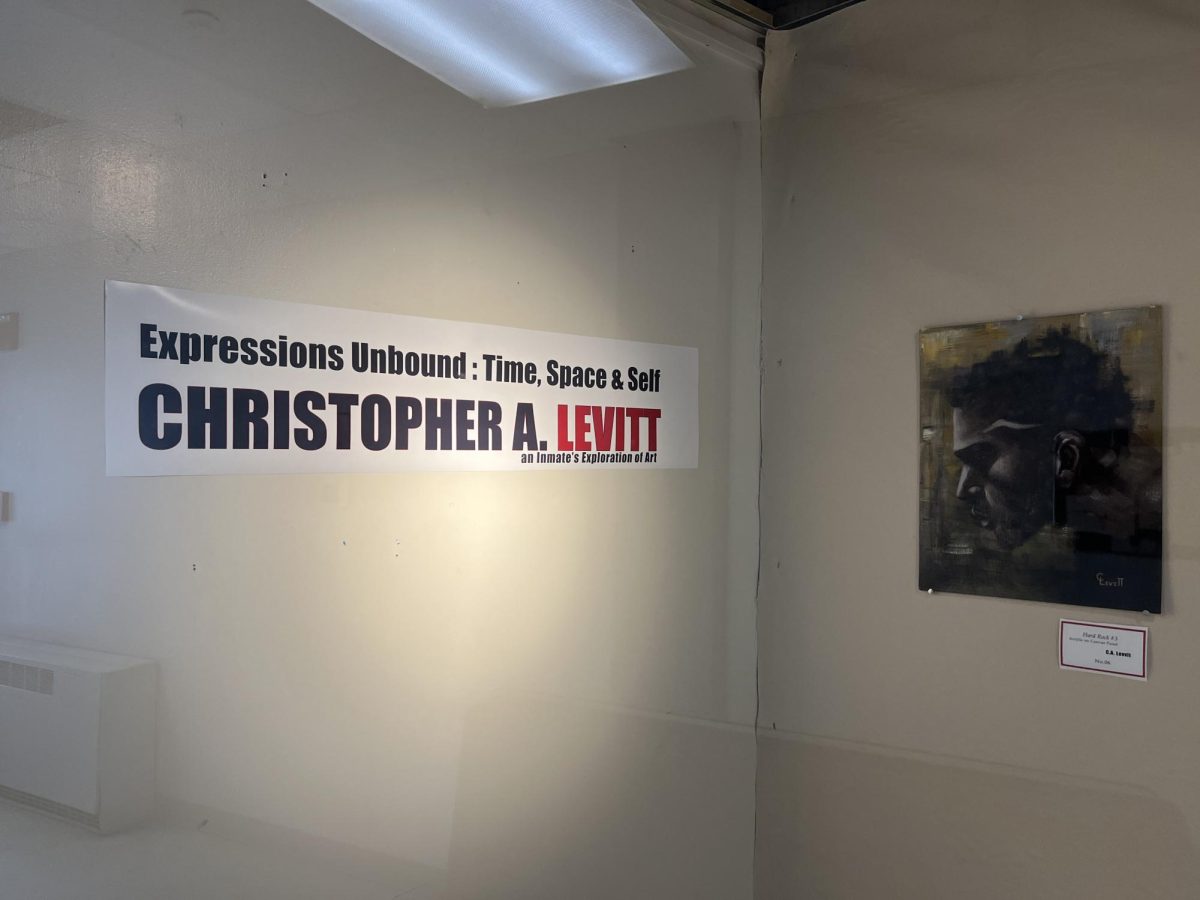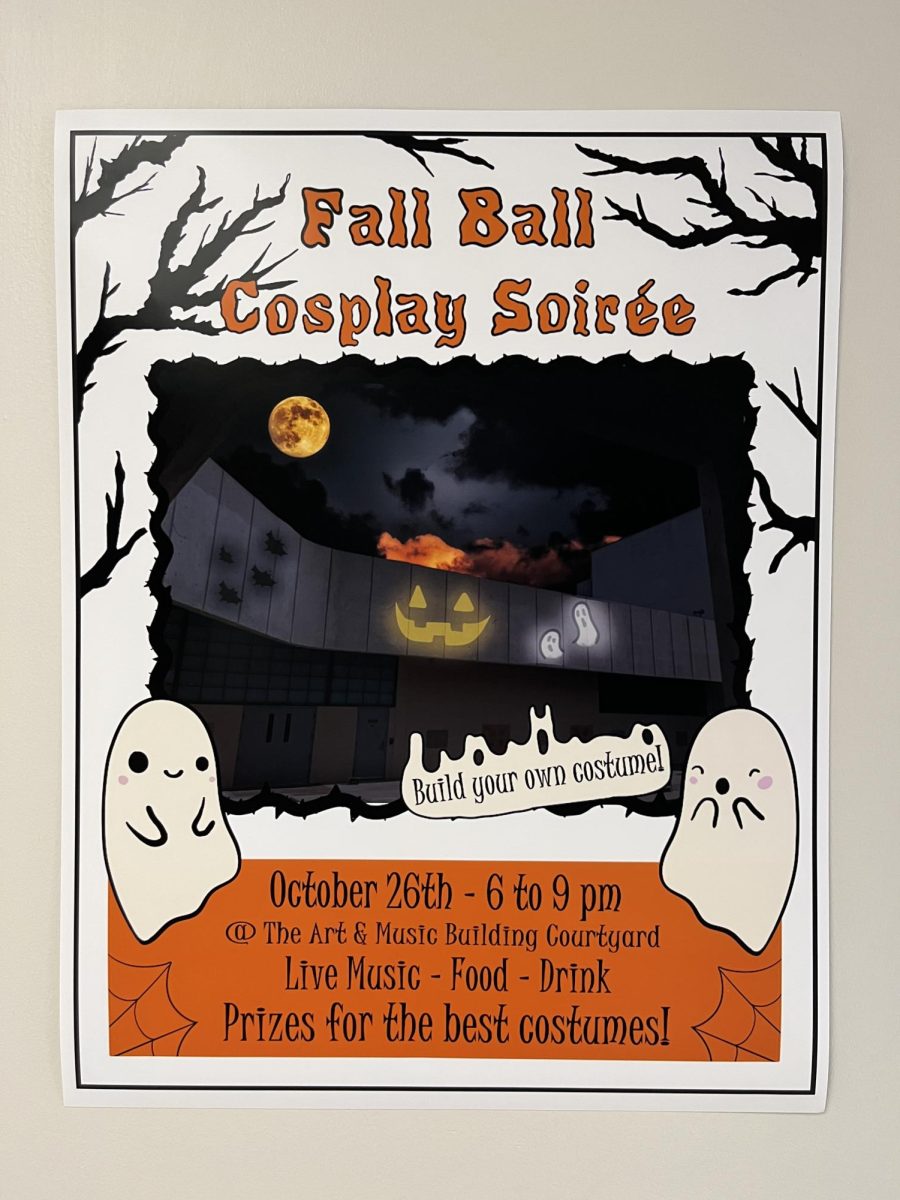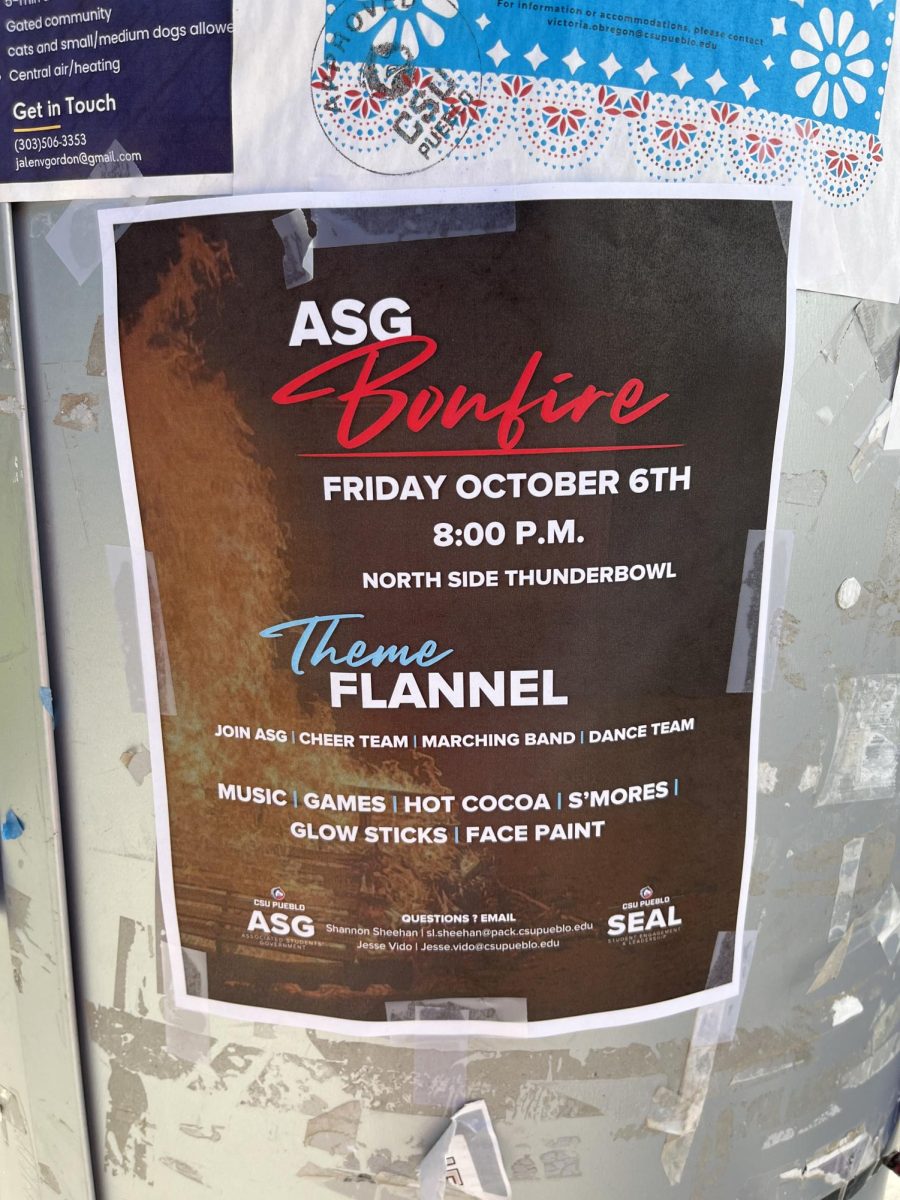
~ photo courtesy of physics.stanford.edu
Colorado State University–Pueblo Provost Dr. Rick Kreminski, PhD., welcomed Nobel Prize winning physicist Dr. Carl Wieman, PhD., on behalf of the Center for Teaching and Learning Thursday evening in the Hasan School of Business Auditorium.
Wieman’s lecture focused on how researched methods are making educators better at facilitating students growth in a subject. He said the best way to support students is by supporting the faculty, and a good teacher is someone who facilitates learners.
The methods he proposes are not better for the best or worst students but are the most effective for those with a human brain. Wieman said if you “don’t have any students with human brains” that’s when another method should be sought out.
The lecture hall contained about 45 individuals ranging from students and faculty to members of the community. Wieman opted out of using a microphone, inviting those who couldn’t hear him to move closer because. He eplained that research shows that students who sat closer to the front learned better.
Wieman currently is appointed as a professor in the physics department and Graduate School of Education at Stanford University where he also attained his doctorate. Kreminski detailed Wieman’s accomplishments which included several national and international awards for his work in the field of science and education research.
The methods Wieman discussed are meant for university classrooms and could be outlined under five steps: motivation, connect with prior thinking, apply what’s known about memory, the explicit, authentic practice of expert thinking and timely and specific feedback on thinking. The majority of the hour-long lecture focused on the last two of the process.
In order to get students thinking like an expert, they must go through thousands of hours of intense practice to develop this skill. Wieman said it “doesn’t have to unpleasant, just hard.” Anyone who wants to learn must be able to monitor their own thinking and reflect on it. It isn’t about filling the brain but rewiring it.
The teacher’s job is to create strenuous material and provide timely feedback on why a thought process is right or wrong. Wieman stressed the idea that more learning is done when why something is wrong is explained versus just explaining what the correct answer is.
Audience members remained engaged throughout the lecture, but one man asked if Wieman could return to a previous slide, which Wieman responded by saying his slides would be available on the Center for Teaching and Learning website since people learn less when they are trying to write more.
Another step a teacher must take in order to be more successful involves motivating students to commit to the time it takes to become an expert. Wieman said it is “exactly what a good athletic coach does.”
Wieman discussed how these ideas can be applied in the classroom beginning with pre-class assignments followed by quizzes, group discussion and professor lecture. He displayed various experiments following these teaching methods which resulted in greater learning for all and lower failure rates.
Stanford professors saw attendance increase; the ability to cover as much if not more content and student feedback was 90 percent positive. Wieman said instructors are learning a way of teaching that is more rewarding.
Before opening the room to questions, Wieman closed his presentation but discussing how these effective research-based teaching methods could become adopted across the board. He said it was a matter of developing better ways to evaluate current teaching methods. By changing how instructors teach, students’ learning improves and faculty members enjoy teaching more.
The last half hour was spent answering questions from the audience. One question was about professors not having the time to create the materials needed to implement these new teaching methods. Wieman directed the audience to his website full of resources for science educators: cwsei.ubc.ca.
Another audience member asked, “What is it like to win a Nobel Prize?” Wieman chuckled before saying it was a nice validation of his work, but he had already received so much recognition that the prize was just that, validation. When asked if he was writing a memoir or journal, Wieman said he was too excited about so many other topics to have time to do anything like that.
Edited by: Theresa Wolf
[slickr-flickr tag=”wieman” type=”slideshow” delay=”3″ descriptions=”on” captions=”on” align=”center” attribution=”Gallery by Adrienne Burthe”]




